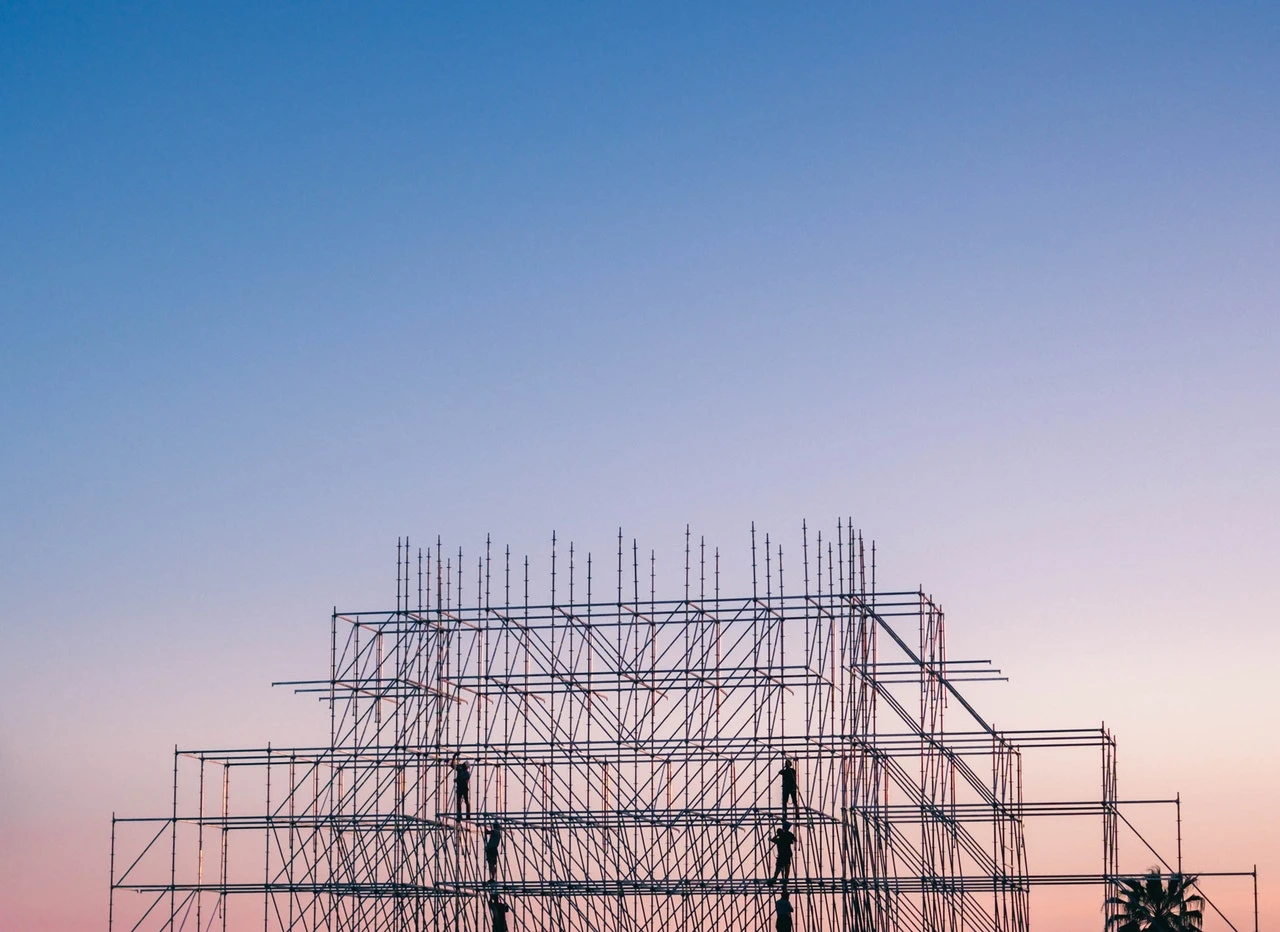Full House Q2 revenue down as construction disruption continues

Earnings before interest, tax, depreciation and amortisation (EBITDA) also fell from $14.9m in the prior year period to $12.1m, a decline of 18.8%. Full House framed the decline as the product of both planned construction costs and the end of Covid-era stimulus.
While much of the construction costs were planned and part of Full House’s business plan, the company’s plan for a temporary casino in Waukegan, Illinois has been delayed until Q4 due to industrial action in certain sections of the supply chain.
The ongoing construction work at Chamonix Creek Casino also disrupted the neighboring Bronco Billy’s casino, reducing taking from this venue.
However, Colorado, where Chamonix Creek and Bronco Billy’s casino are both located, represents a relatively small chunk of the company’s total revenue. Takings from the state declined from $6.4m in Q2 2021 to $4.1m in Q2 2022.
Silver Slipper Casino and Hotel in Mississippi – the largest Full House property by revenue – brought in $21.1m in revenue in Q2 2022, versus $24.2m in Q2 2021. Full House blamed the end of Covid-era stimulus for this result.
Casino continued to make up a dominant share of revenue, but declined as a total share of revenue from 74.6% to 72.7% in the three months to 30 June. Revenue from “other operations”, which includes sports wagering, increased to $5.6m from $2.8m.
The business added that one reason for the decline was also that the comparable period was a record high.
“The prior-year’s second quarter was the company’s strongest in recent years, having benefited from customers receiving government subsidy payments due to the Covid-19 pandemic.”
Full House also portioned off the lion’s share of the business’ cash reserves to the ongoing development of the Chamonix casino, as well as the construction of the temporary casino in Illinois, which is estimated to cost $100m in total to construct and licence.
Full House CFO Lewis Fanger outlined the details:
“At June 30, 2022, we had $298.4 million of cash and equivalents, including $190.2 million of cash that is reserved for the completion of Chamonix. We also have a $40 million credit facility, which is currently unutilised except for a $1 million standby letter of credit. We are confident that our existing cash, credit line availability and cash flows from operations will be sufficient to complete both the temporary casino and Chamonix.”
The mixed financial results stood in contrast with 2021’s full year results, in which revenues increased 43.6% year-on-year.
During the earnings call, analysts asked whether it would make financial sense for the business to sell-off some of its small assets to help them through the cash squeeze.
Despite the pressure, company president and chief executive officer Dan Lee did not sound concerned.
“We don’t need the money to be honest,” he said.
